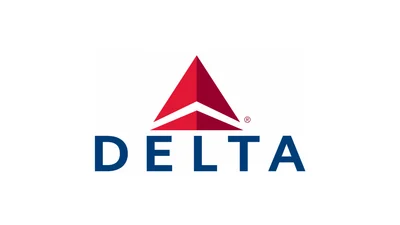The Boeing 747, known as the "Queen of the Skies," was produced for over five decades and became a significant part of aviation history. Its recognizable upper deck "hump" originated from a design that prioritized cargo transport, with the cockpit raised to allow freight loading through the nose. Initially, Boeing did not intend for airlines to use this space for passenger seating.
Over time, later versions of the 747 saw an expanded upper deck, which typically housed premium seats but remained smaller than the main cabin below. The idea of a Boeing 747-9 emerged as a potential response to Airbus’s A380, envisioning a full-length upper deck capable of carrying up to 600 passengers in multiple classes. This would have placed Boeing in direct competition with Airbus’s only full double-decker aircraft.
However, several factors led Boeing to abandon the 747-9 concept. As noted by YouTube creator Swiss001 in simulation analyses, such an aircraft would have faced challenges due to its sheer size and weight. It likely would have required upgraded engines and significant technological improvements. Extending the upper deck would also have meant redesigning critical components like landing gear and wings to handle additional weight.
 Alerts Sign-up
Alerts Sign-up




































